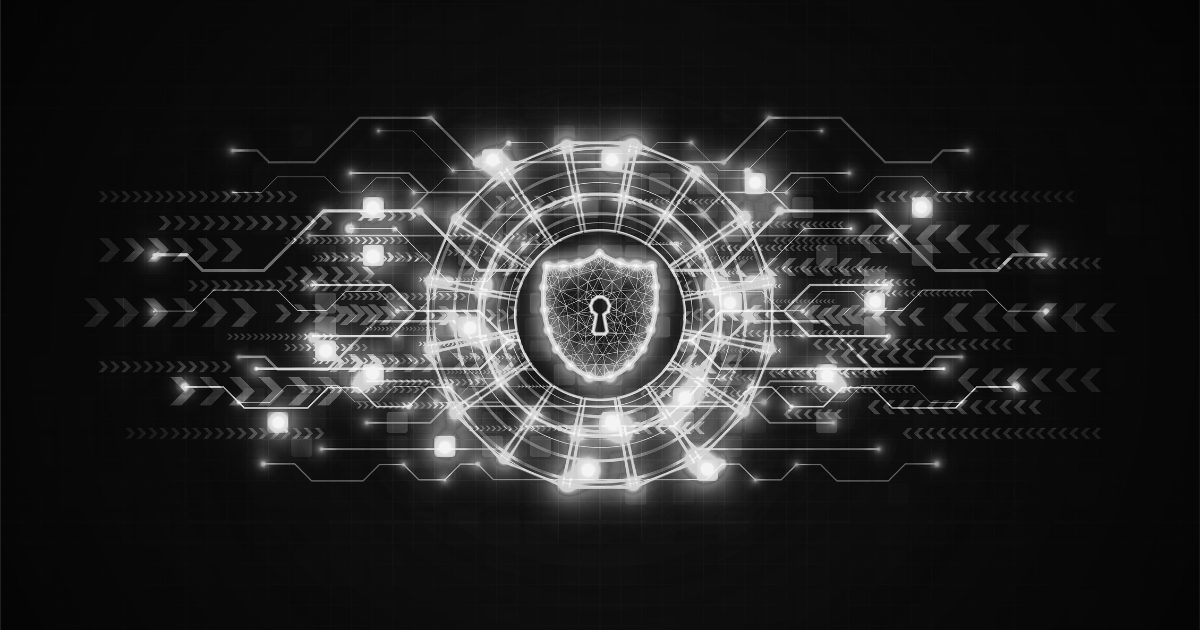Studio Ghibli AI art trend: A privacy nightmare in disguise, experts...
While netizens are hooked on the viral trend of transforming personal photos into Studio Ghibli-style art using AI tools, experts warn that the trend conceals a darker reality where casual sharing can lead to unforeseen privacy breaches and data misuse.
Cybersecurity experts caution that while these tools may appear harmless, the terms of services are often vague, raising questions about what happens to user photos after they are processed.

The Beginning of the Trend
The trend started when OpenAI launched its GPT-4o model update, which allows users to recreate personal images in the artistic style of Studio Ghibli, a Japanese animation studio.

While some platforms claim they don't store the photos or delete them after one-time use, most of them don't clearly explain what "deletion" really means--whether it's instant, delayed, or partial.
Photos contain more than just facial data. They often include hidden metadata like location coordinates, timestamps, and device details-- all of which can quietly reveal personal information. These AI tools leverage neural style transfer (NST) algorithms, explains Quick Heal Technologies CEO Vishal Salvi.
Privacy Risks and Concerns
Even though the process seems harmless, vulnerabilities like model inversion attacks where adversaries may reconstruct original pictures from Ghibli images pose significant risks, he noted.

"Even if companies claim they don't store your photos, fragments of your data might still end up in their systems. Uploaded images can definitely be repurposed for unintended uses, like training AI models for surveillance or advertising," Salvi cautioned.
The way these tools are designed makes it easy to overlook what you're really agreeing to, McAfee's Pratim Mukherjee said.
Eye-catching results, viral filters, and fast interactions create an experience that feels light--but often comes with hidden privacy risks.
"When access to something as personal as a camera roll is granted without a second thought, it's not always accidental. These platforms are often built to encourage quick engagement while quietly collecting data in the background," Mukherjee added.
Data Breach Risks
The risk of data breaches looms large, with experts cautioning that stolen user photos could fuel deepfake creation and identity fraud.
Vladislav Tushkanov, Group Manager at Kaspersky AI Technology Research Centre, says that while some companies do ensure the safety and security of the data they collect and store, it does not mean that the protection is bullet-proof.
He said numerous accounts and hacker forums on the dark web offer stolen user account data for sale.

"The hard part is, you can't change your face the way you can reset a password. Once a photo is out there, it's out there," Mukherjee warned.
Regulatory Recommendations
To mitigate these risks, experts recommend that users exercise caution when sharing personal photos with AI apps.
Tushkanov advises users to "combine standard security practices with a bit of common sense," including using strong, unique passwords, enabling two-factor authentication, and being wary of potential phishing websites.
Salvi suggests using specialised tools to strip hidden metadata from photos before uploading them. On the policy front, he suggests that regulators mandate differential privacy certification and standardised audits to close compliance gaps.

Mukherjee calls for governments to mandate simplified, upfront disclosures regarding data usage.




















